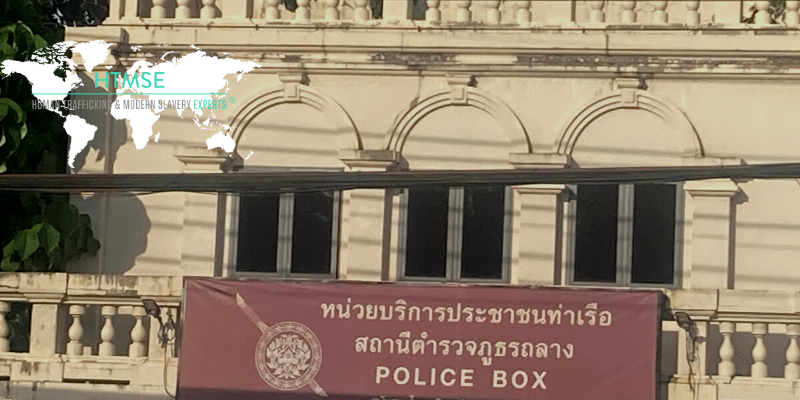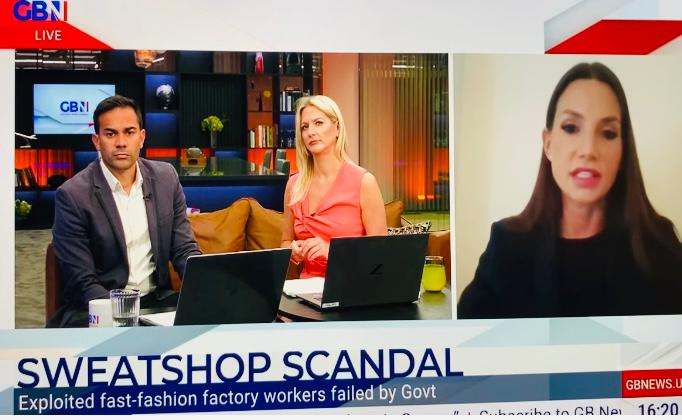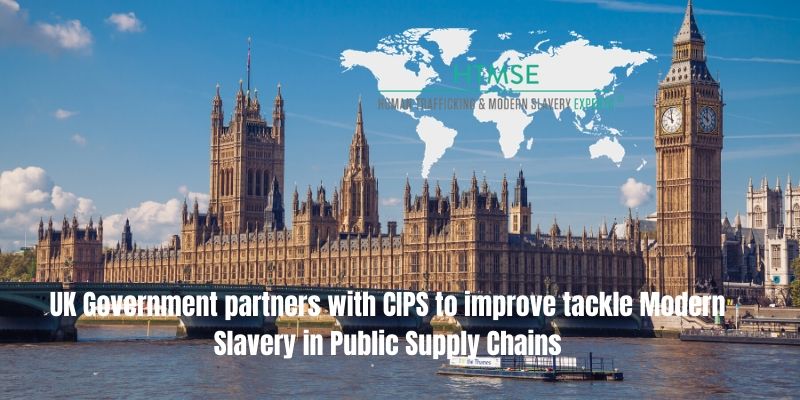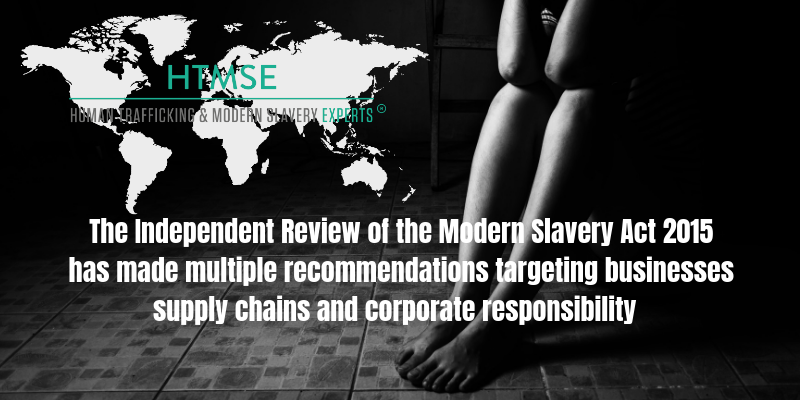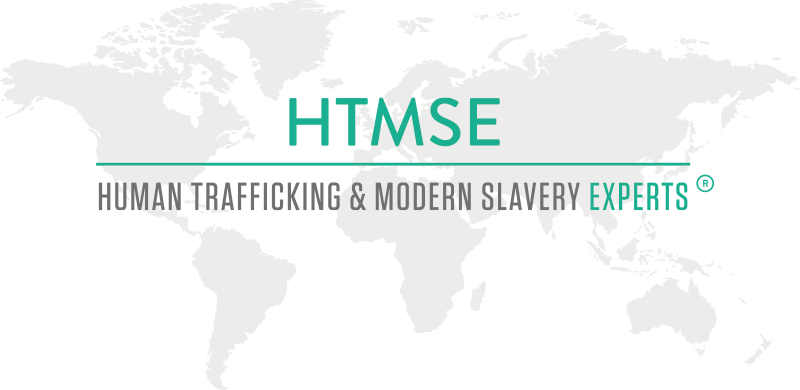
The National Referral Mechanism (NRM) has released new statistics which illustrates the high number of victims of slavery that are bound up in those seeking asylum in the United Kingdom. Overall, 2022 statistics are high – beginning from the increase in small boat arrivals picked up by first responders at the UK border, to the Duty to Notify process seeing the highest number of reports ever to the Home Office (4,580) – to the highest number of potential victims of modern slavery recorded through the NRM ever (16,938), a 33% increase since the prior year. As such the highest number of slavery cases were recorded in 2022. 88% of reasonable grounds cases (17,000) and 89% of conclusive grounds cases (6,000) that were considered by the competent authorities were deemed positive. This shows that the majority of cases claimed to be slavery, are indeed slavery, and the UK Modern Slavery Act plays a critical role in international human rights justice for those seeking asylum.
Imbedded with political issues surrounding high numbers of immigrants entering the UK, fears arise around the exploitation of this system that is designed to protect victims.
According to NRM statistics, for the first year Albanian nationals were the highest number of referrals per nationality, exceeding UK nationals at 25%, mostly being child potential victims of slavery. Albanian nationals accounted for 27% of potential victims of modern slavery, mostly being adults, and many arriving via small boats to UK shores. This has given rise to backlash at the statistics with rhetoric suggesting Albanian refugees are ‘claiming to be slavery victims’ using the UK Modern Slavery Act. However, migrants also from Afghanistan, Iran, Iraq, and Syria arriving in small boats are usually unable to access visas, passports or conventional safe routes of immigration and are therefore highly vulnerable to the exploitation of human traffickers.
